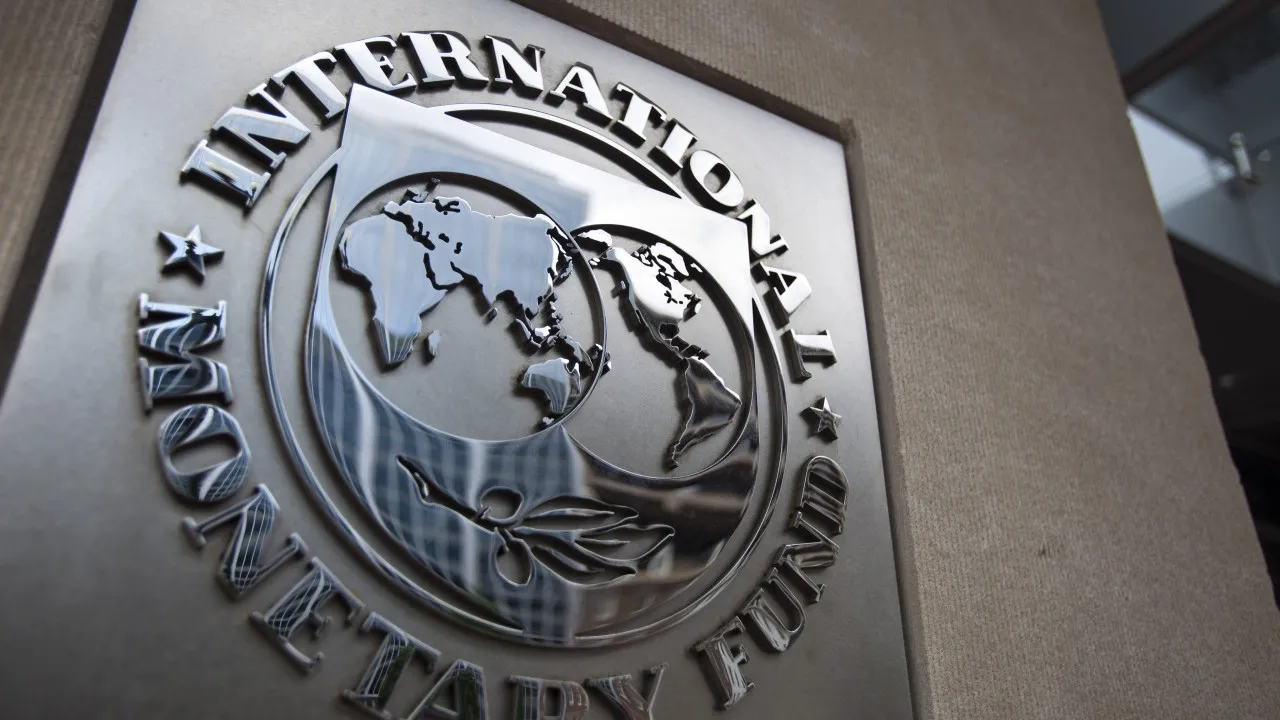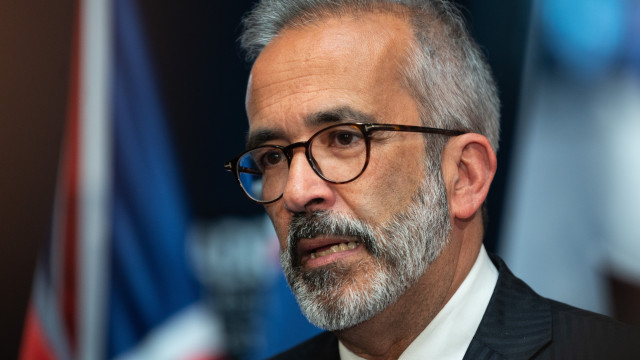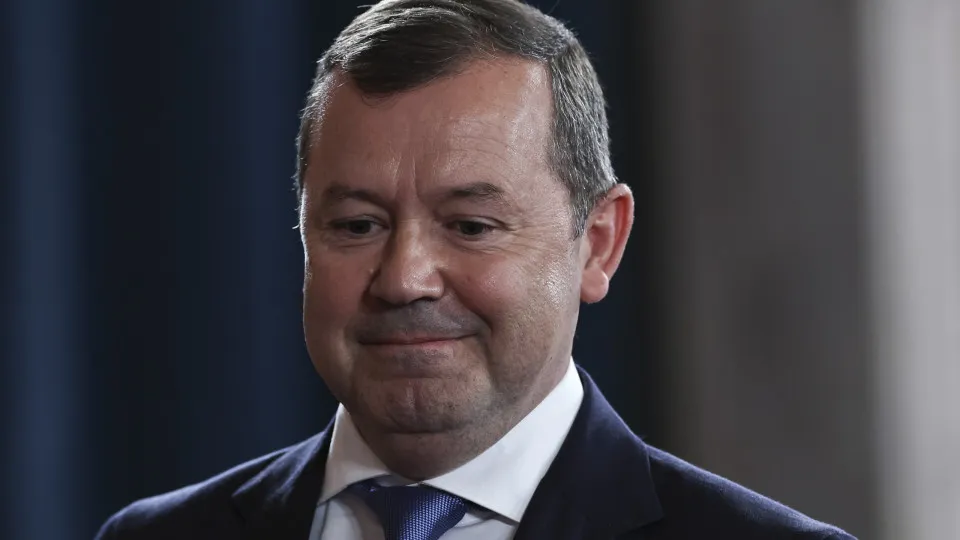
The IMF emphasizes the need for significant fiscal adjustments for countries with high debt and limited budgetary space, while those with more flexibility can delay such adjustments. This statement was made in a report on the eurozone economy, presented today to finance ministers during a meeting in Luxembourg.
The document stresses the importance of ensuring an orderly and growth-friendly fiscal consolidation to address each country’s specific risks, preserving fiscal sustainability and managing spending pressures related to an aging population and increased security expenses.
The IMF specifically recommends that all eurozone countries, except Germany, achieve a positive primary structural balance of 1.4% of GDP by 2030. This requires a cumulative deficit reduction of about two percentage points from 2024 to 2030 compared to the baseline scenario.
However, the IMF acknowledges the “necessary” fiscal consolidation involves complex decisions, as Europe faces escalating pressures on expenditures that are materializing faster than expected.
The IMF estimates these pressures from rising interest rates, an aging population, climate transition, and energy and defense security will “reach 4.4% of GDP annually in European economies by 2050.”
In light of several European governments’ intentions to increase defense spending, the IMF urges Brussels and EU partners to consider its impact on public debt sustainability and “develop plans to stabilize or reduce debt trajectories in the medium term.”
“Utilizing safeguard clauses to support increased defense spending of member states should be limited to the initial phase,” the IMF states, with its Managing Director emphasizing the eurozone’s need to pursue consistent and effective policies to foster growth.
“Ensuring that new public spending priorities are met without compromising sustainability is crucial,” she added.
The report highlights that countries with “low budgetary risks” intending to increase spending to boost economic growth and “strengthen resilience” should be able to do so without being constrained by new EU budgetary rules.
The IMF calls for coordinated investment in the bloc’s priority areas to effectively tackle these “challenges,” while easing the burden on national budgets.
“Identifying investment gaps and the areas where EU initiatives offer cost-effective solutions can provide a model for priority actions, such as investments in public goods like innovation, transition to clean energy, or collective defense,” the document states.
To achieve this, the IMF believes the EU budget “will need to increase by at least 50% to maintain current programs.”
In a press conference on the sidelines of the Eurogroup meeting, the IMF’s Managing Director warned that trade uncertainty and geopolitical tensions are slowing growth in the eurozone, urging European authorities to act swiftly and decisively to compete globally.
“There is no room for delays because Europe’s key trading partners are moving very rapidly, reshaping the terms of global integration, and if the EU does not take decisive action, it will enter a dangerous decline relative to other major advanced market economies,” she stated.




